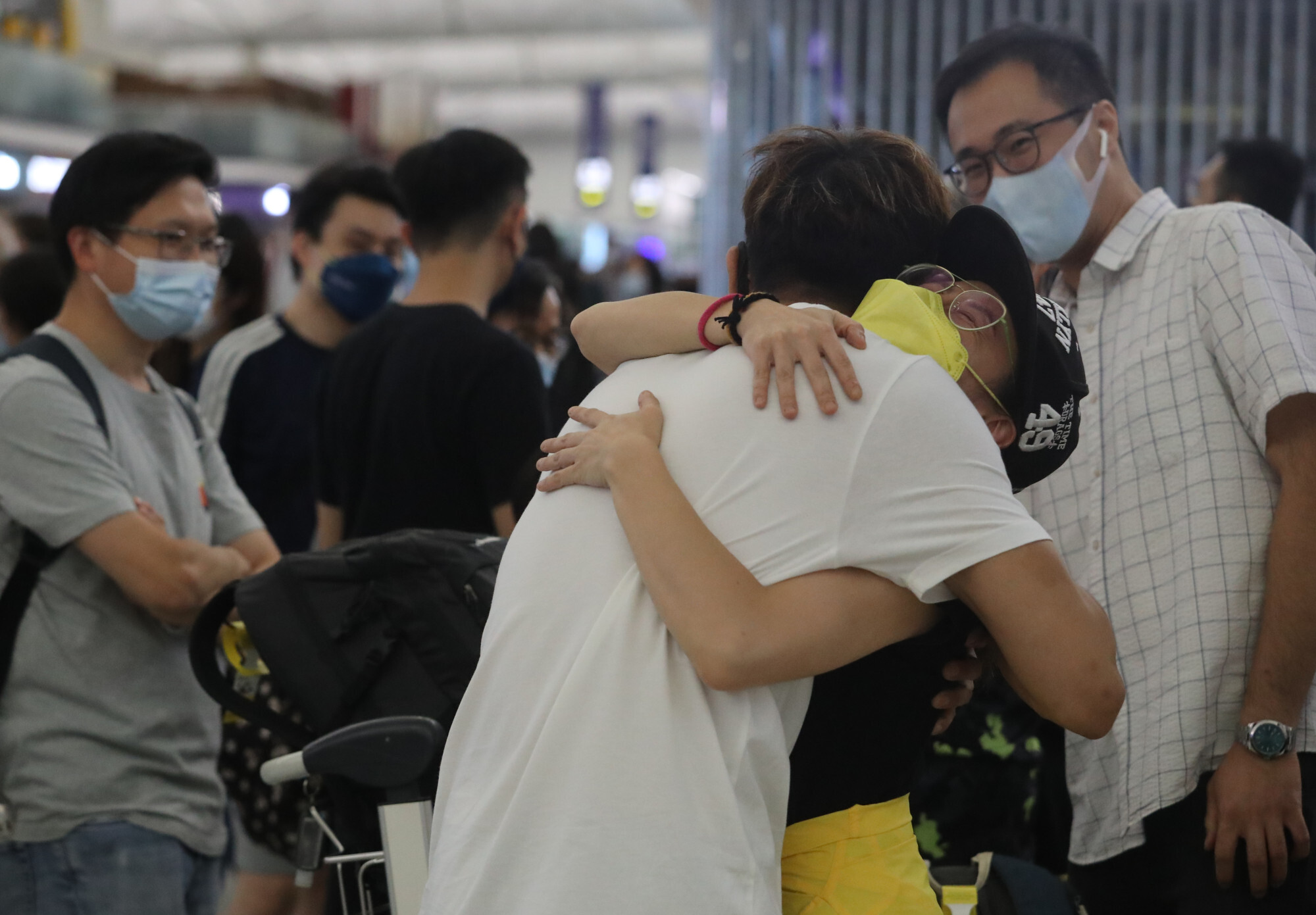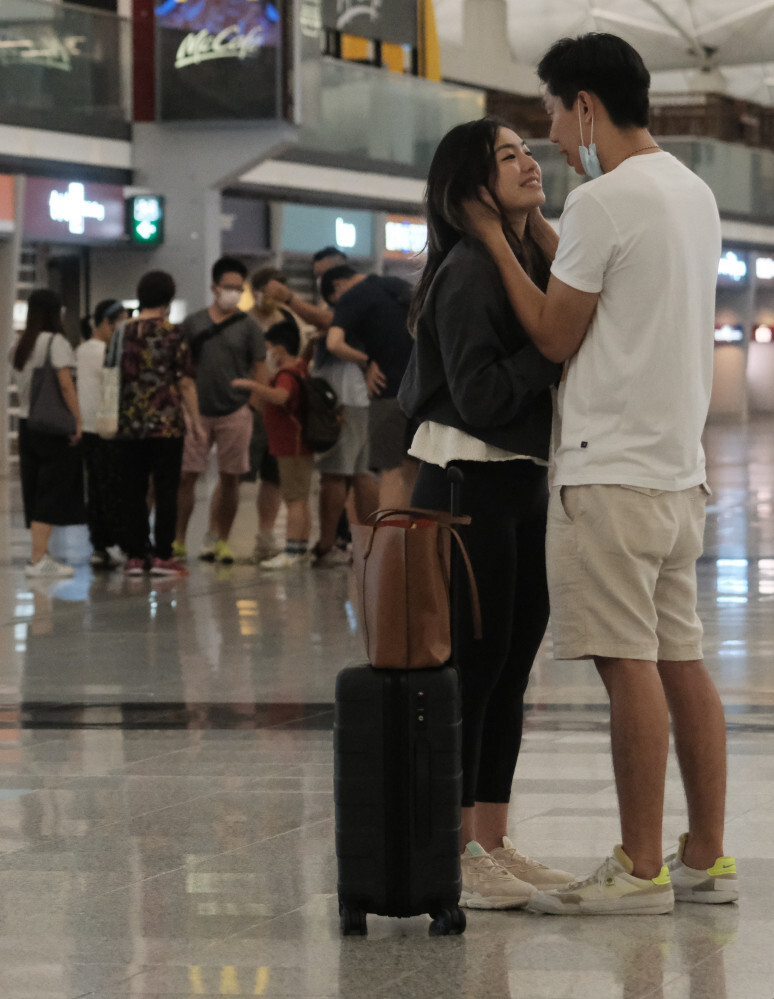
The current exodus from Hong Kong isn’t like pre-1997 – these people won’t be returning. And that changes the city
- Those who could see the future and leave easily had begun departing Hong Kong long before the 2019 protests and subsequent national security law
- Now others are leaving at the rate of 1,000 a day, mostly young couples with children. Good riddance, some may say, but their leaving changes Hong Kong
Emigration from or through Hong Kong has been a constant fact of local life since the colony’s mid-19th century urban beginnings. Is the current wave of departures, therefore, any different from those in the past? Solid reasoning would suggest that it is.
In the lead-up to the 1997 transfer of sovereignty, emigrants were motivated – mostly – by a jittery sense of “what’s going to happen when …”, often informed by direct personal or family experience of Communist rule in mainland China. After acquiring an overseas “insurance policy” through foreign residency or citizenship, many returned home.
And up until the past few years, life here remained more or less the same. But now – as emigration from Hong Kong steadily gathers pace – a different picture emerges. This time, they won’t come back.
Anecdotes are not data. Nevertheless, accumulated similar anecdotes eventually provide enough granularity to give essential context to more solid empirical data. The emerging picture of Hong Kong’s accelerated emigration makes this clear.

A telling anecdote among far too many; one young friend, a maths teacher in a local primary school in the New Territories, recently related that 60 per cent of his colleagues had either given notice over the past semester due to imminent emigration plans, or signalled their intention to do so within the next academic year. Over the same period, some 15 per cent of the student body of around 800 pupils had been withdrawn for the same reasons. Other friends relate similar stories.
Eventually, these trends become so obvious that repeated denial of their existence is both pointless and counterproductive. By adamantly refusing to acknowledge the mounting evidence before their own eyes, officials further compromise what little remains of their already shattered credibility.
Just as the 150-a-day one-way permit holders who arrived from China in recent decades was ultimately about gradual population dilution and replacement – whatever official lines about family reunions wearily maintained – the current outflow will be seen by some as a welcome purge of potentially troublesome, disaffected elements.
And if this latest migration movement translates into an embittered, vocal Hong Kong émigré diaspora scattered from Manchester to Melbourne, then – so what? Problems exported, the sour logic runs, are problems removed.

Powerless to effect any positive change in their own hometown, and perhaps more prescient than others, their exit strategies began to be activated. And the process accelerates.
Wei Zhuang, the Tang dynasty poet, disconsolate at the dispersal of the world he once knew, penned the sad lines:
Spring is bright
in the city of Loyang,
But the flower of its youth
Grows old, under other skies.
As anyone farewelling friends at the airport will attest, it is the flower of local youth – not Hong Kong’s malcontents and opportunists – who are heading off to other skies permanently this time. Wherever they settle they will be that society’s gain – and our loss.
Whatever the future here may hold – bright or otherwise – Hong Kong will be very different in the coming years for their absence. There is no point pretending otherwise.

